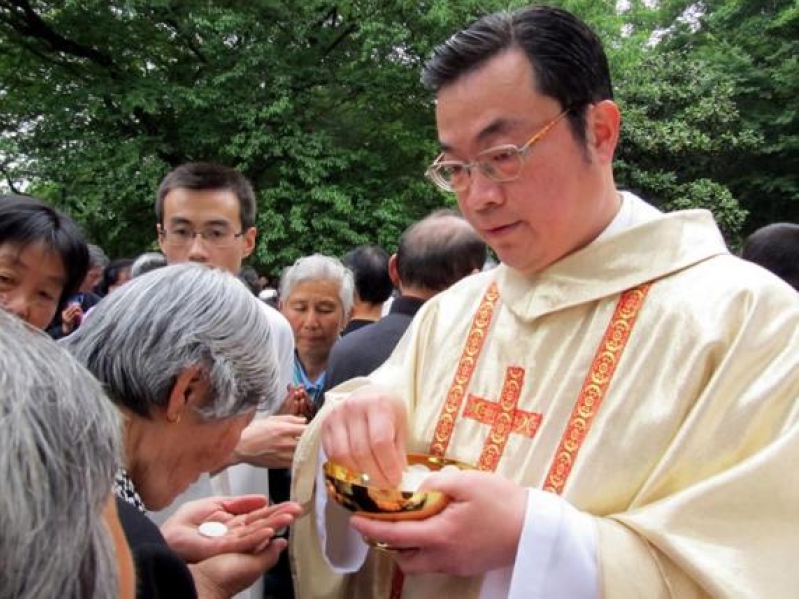
China's State Administration for Religious Affairs representatives are expected to make identification papers mandatory for Taoist and Catholic priests this year, following the compulsory certifications of Buddhist monks during 2015.
Comments about certifying open church priests resulted during a national meeting convened in Beijing this month of the government's religious affairs directors across China, reports UCA News, an independent Catholic news source.
Because Catholic priests believe their recognition comes from the church through ordinations, they ignored getting identification papers in the past. Father Joseph Li Rongping, director of Faith Press in Hebei, told UCA News the majority of priests in the open church did not have identification cards.
"It [cards] is used only when one travels to another diocese to show the authorities when needed," Li said.
"If the authorities are serious on certifying all the priests this time, it could result in forcing those priests who refused to get an ID card to go underground," said one priest, who identified himself as Father John.
Officials require Buddhist monks and Taoist priests to have the recognition cards because their temples are managed by multiple government departments. Some priests fear the push for such cards has to do with the many "fake religious personnel" masquerading as clerics. "But even those ID cards could be faked," Father John told the Catholic news service.
The Communist's United Front Work Department, a group that oversees the religious affairs administration, stated in a Jan. 8 report that they have guided various government departments for a unified understanding of religion and religious issues. An unidentified Chinese researcher said if the United Front Work Department has to bring about a unified understanding, "It means there is no consensus, and that there are split views among different ministerial departments on how to deal with religions."






